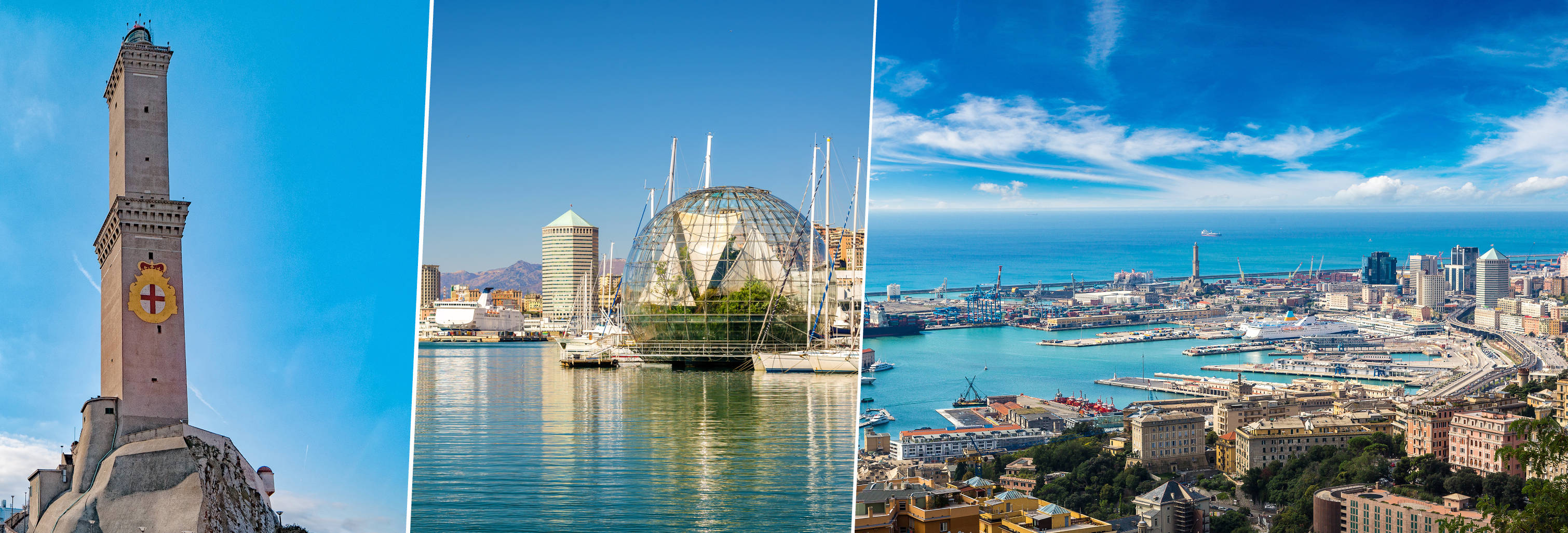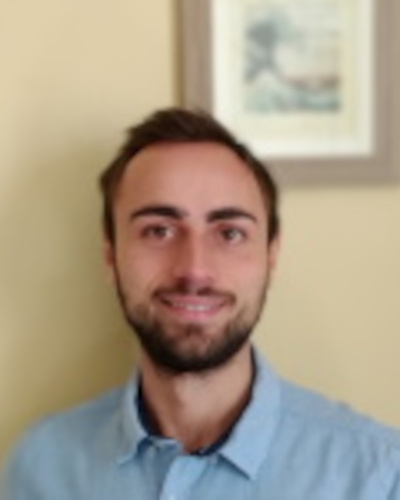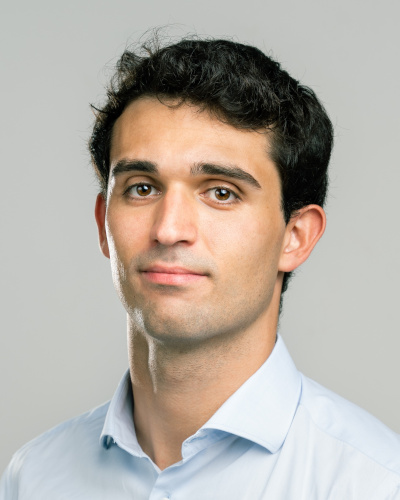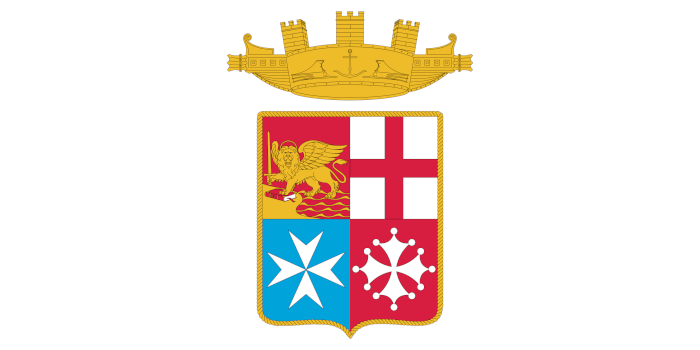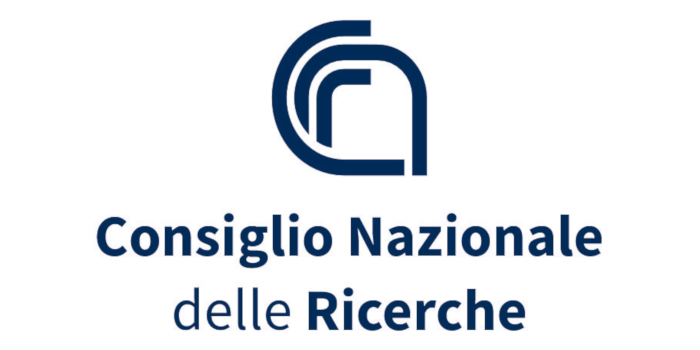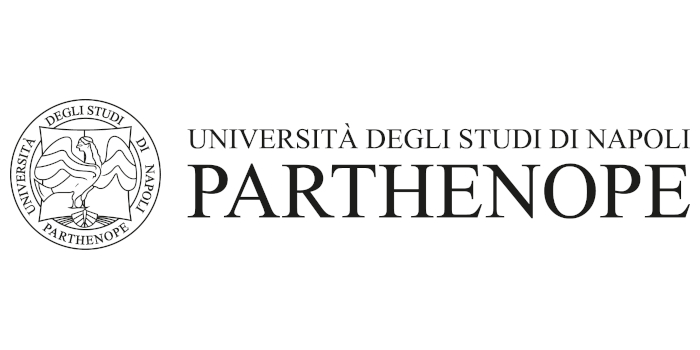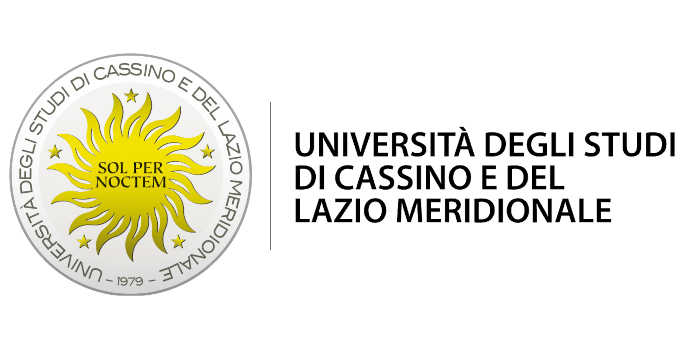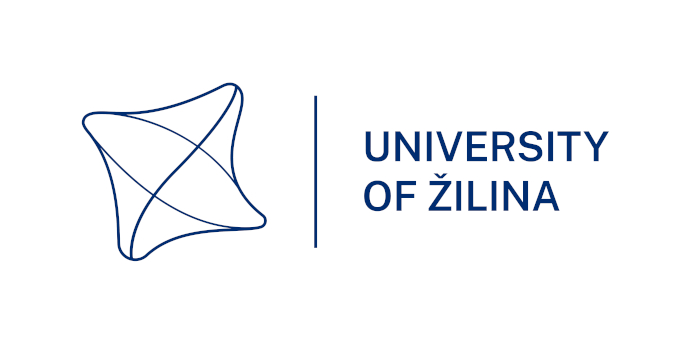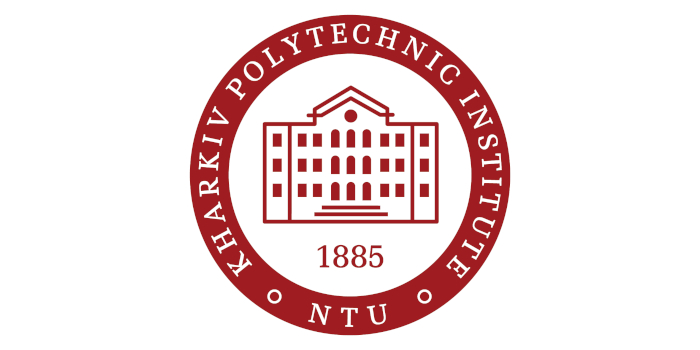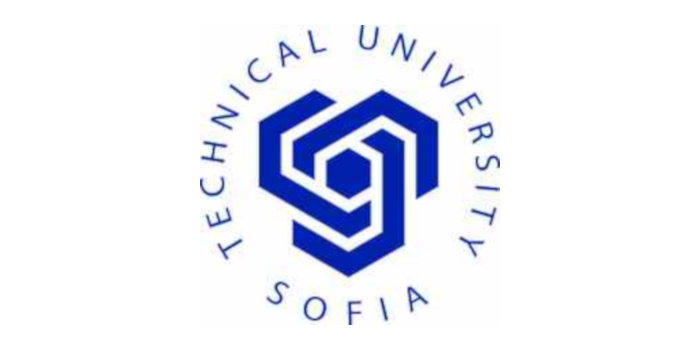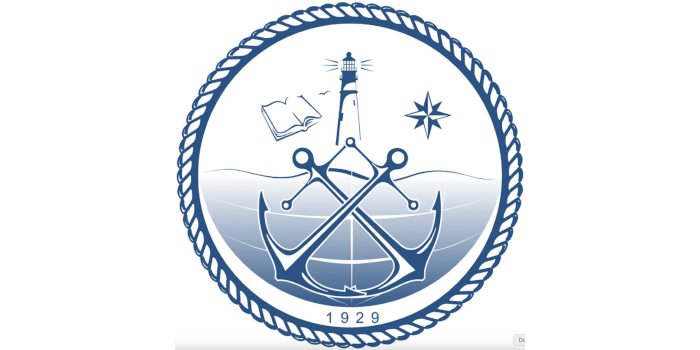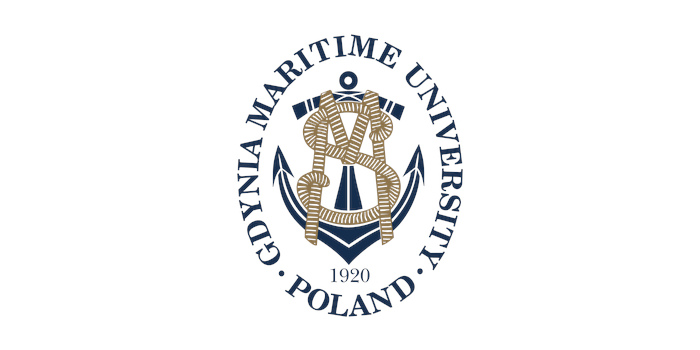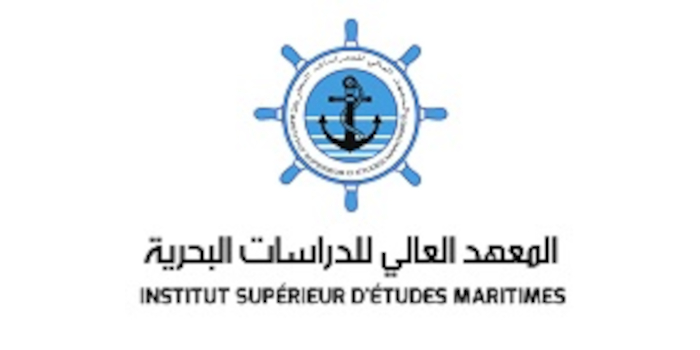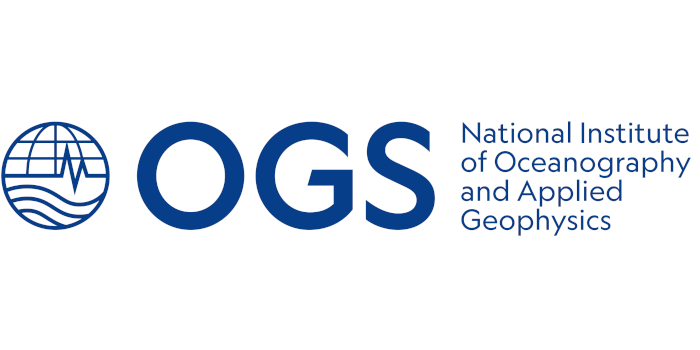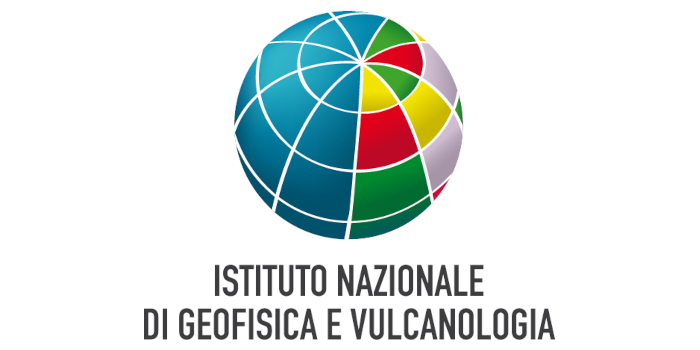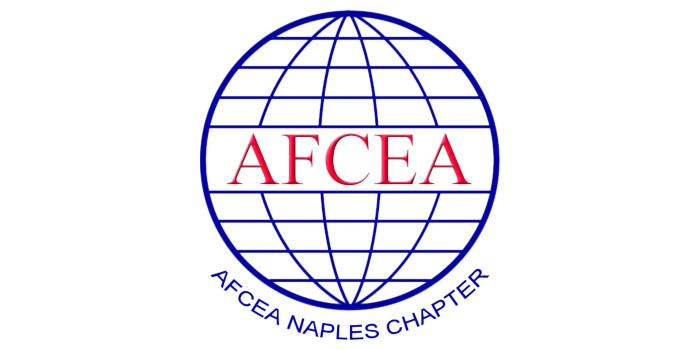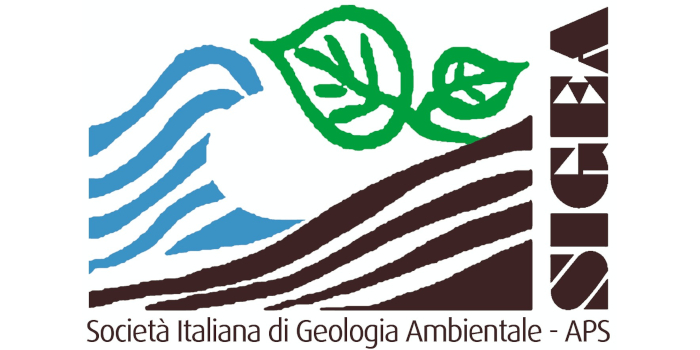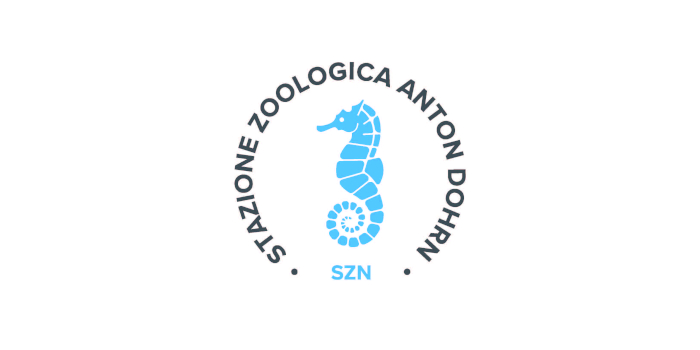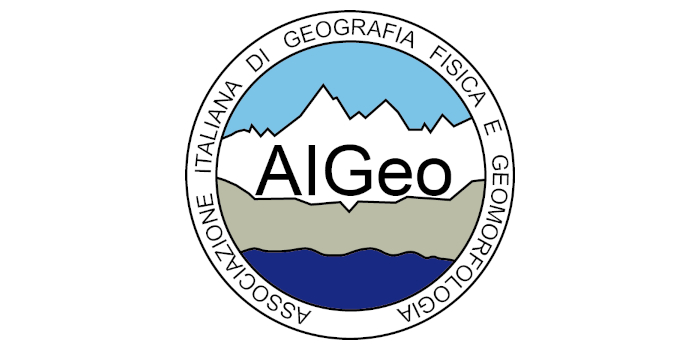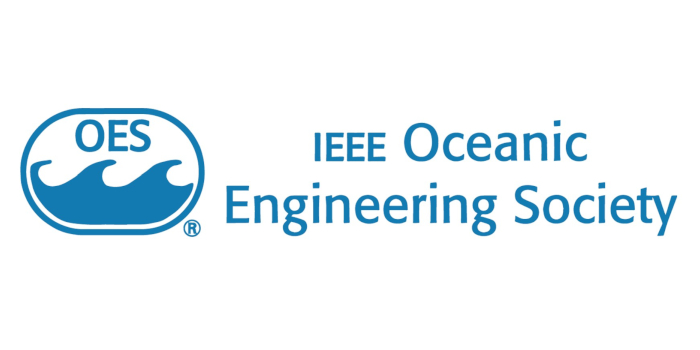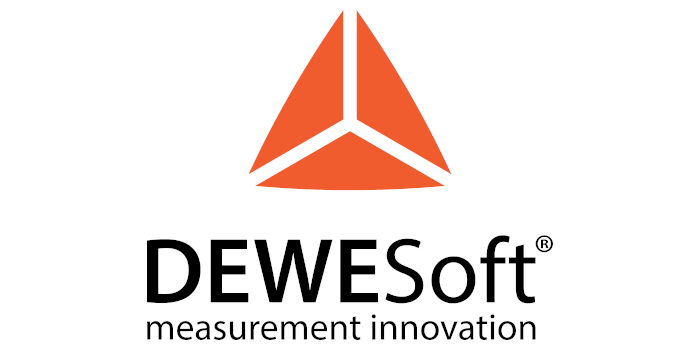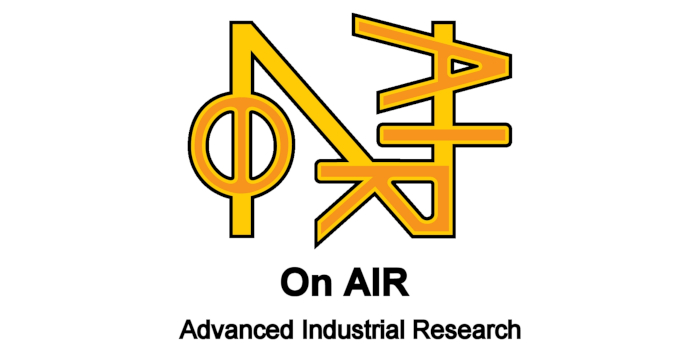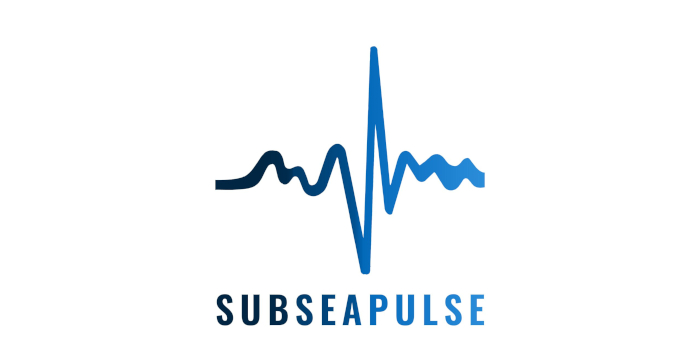SPECIAL SESSION #3
Multisource innovative approaches for enhancing the usability of metocean data
ORGANIZED BY
Giuseppe Giorgi
Polytechnic University of Turin, Italy
Edoardo Pasta
Polytechnic University of Turin, Italy
John Ringwood
Maynooth University, Ireland
ABSTRACT
This special session explores cutting-edge experimental or computational techniques aimed at maximizing the usability and applicability of metocean data across scientific, industrial, and policy domains. Metocean datasets—comprising in-situ buoy measurements, satellite-based earth observations, and numerical model reanalysis—are essential for advancing our understanding of marine and atmospheric dynamics. However, significant challenges persist in harmonizing diverse data sources, improving data resolution and reliability, and extracting actionable insights for real-world applications.
TOPICS
We invite contributions on, but not limited to, the following topics:
- Development and application of numerical methods for processing, analyzing, and interpolating metocean datasets.
- Techniques for enhancing the resolution, accuracy, and reliability of gridded and point-based oceanographic and meteorological data.
- Integration of heterogeneous data sources, including satellite observations, reanalysis models (e.g., SWAN, WW3), and in-situ measurements, to address spatial and temporal variability.
- Machine learning and artificial intelligence approaches to augment traditional numerical modeling techniques.
- Advanced oceanographic measurement strategies incorporating remote and in-situ sensing technologies.
- Case studies showcasing the application of metocean data in offshore renewable energy, marine navigation, coastal management, and climate adaptation strategies.
While contributions utilizing the unique datasets from the AIMS project (morenergylab.polito.it ) are highly encouraged, we also welcome submissions that leverage alternative metocean datasets and methodologies. This special session aims to highlight cutting-edge research that transforms data availability into actionable insights, ensuring that metocean information effectively supports the evolving needs of science, industry, and society.
We invite researchers, practitioners, and developers from academia, industry, and public institutions to submit their work. By bringing together diverse expertise, this session seeks to foster interdisciplinary collaboration and drive advancements in numerical metocean data processing, contributing to a more sustainable blue economy.
ABOUT THE ORGANIZERS
Giuseppe Giorgi is a mechanical engineer with a strong background in ocean energy research. He earned both his Bachelor’s and Master of Science degrees in Mechanical Engineering from Politecnico di Torino. He later conducted research at the Centre for Ocean Energy Research (COER) at Maynooth University, Ireland, where he focused on nonlinear hydrodynamic modeling of wave energy converters under controlled conditions. Currently, he is affiliated with the Marine Offshore Renewable Energy Lab (MOREnergy Lab) at Politecnico di Torino. His research interests span mechanical and ocean engineering, with a particular focus on metocean monitoring, with in-situ instruments, satellite data and artificial intelligence. He is also co-funder and CTO of an startup and spinoff, MESPAC, working on ocean monitoring. He is Principal Investigator of the AIMS project, supporting this Special Session.
Edoardo Pasta was born in Turin, Italy in 1996. He received the B.Sc. degree in Mechanical Engineering and the M.Sc. degree in Mechatronic Engineering from Politecnico di Torino, Turin, Italy, in 2018 and 2020, respectively. In 2024, he pursued the Ph.D. degree, with a focus on optimal control and modelling of wave energy converters, with Marine Offshore Renewable Energy Lab, Politecnico di Torino, Turin, Italy. He is currently Assistant Professor at the same institution. In 2020, he was Visiting Researcher with the Computational Fluid Dynamics and Flow Physics Laboratory, San Diego State University, San Diego (CA), U.S.. Between 2021 and 2022, he joined the Centre for Ocean Energy Research at Maynooth University, Ireland, as a Visiting Researcher. His current research interests include optimal control and modelling of offshore energy systems, with a particular focus on data-based and data-driven techniques. In 2022, he was co-recipient of the 2022 IFAC CAMS Best Paper Award.
John Ringwood received the HonsDipEE from TU Dublin, the BSc(Eng) in electrical engineering from Trinity College Dublin (both in 1981), and the PhD in control systems from Strathclyde University (1984). He subsequently received an MA in music technology from Maynooth University in 2005. He spent 15 years in Dublin City University as a member of academic staff in the School of Electronic Engineering, with concurrent terms as a visiting academic in Massey University (NZ) and the University of Auckland. He joined Maynooth University in 2000, as chair professor and founding head of the Dept. of Electronic Engineering and built the Dept. from a greenfield site, also serving as Dean of Engineering from 2001 to 2006, and is currently Professor of Electronic Engineering and Director of the Centre for Ocean Energy Research. He is Associate Editor for IEEE Trans. on Sustainable Energy and the Journal of Ocean Engineering and Marine Energy, and Deputy Subject Editor for IET RPG. John received the 2016 IEEE Control Systems Magazine Outstanding Paper Award, the 2023 IEEE Trans. on Control Systems Technology Outstanding Paper Award, and was elevated to IEEE Fellow in 2024. He was awarded the Chevalier des Palmes Academiques by the French Government in 2017 for his contribution to ocean energy research. In addition to over 500 peer-reviewed publications, he is co-author of the book Hydrodynamic Control of Wave Energy Devices (with Umesh Korde) and holds 3 patents. His commercialization activities, which include the spin-out company Wave Venture, has been recognized by Enterprise Ireland (2008 Industrial Technologies Commercialization Award) and Maynooth University (2013 Commercialisation Award). He also received the Maynooth University 2019 Doctoral Supervision Award and the 2024 Outstanding Researcher Award. His research interests are in control systems, ocean and renewable energy, and biomedical engineering.

